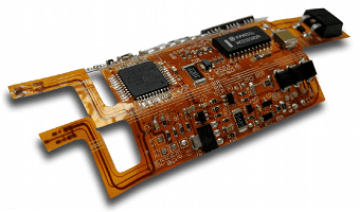
ALL ABOUT FLEX PCB
-
What is a PCB Transformer?
Posted by
–
 Read more: What is a PCB Transformer?
Read more: What is a PCB Transformer?A printed circuit board (PCB) transformer is a type of transformer that is manufactured directly onto a printed circuit board (PCB). PCB transformers provide galvanic isolation and allow signals and power to be transformed and transferred between circuits. How PCB Transformers Work PCB transformers work on the same principles as […]
-
What are PCB Fabs?
Posted by
–
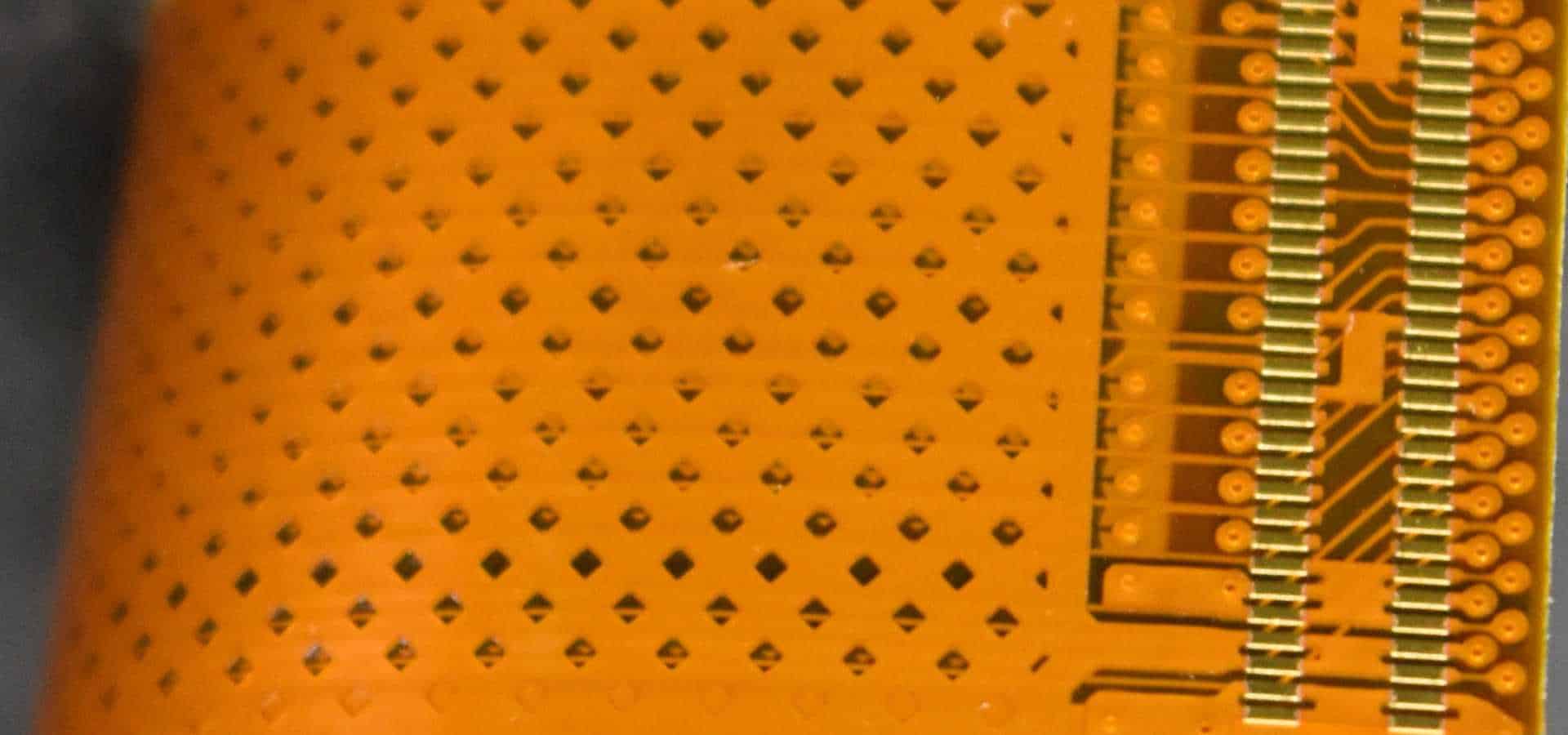 Read more: What are PCB Fabs?
Read more: What are PCB Fabs?Introduction Printed circuit boards (PCBs) form the foundation of electronics, providing the mechanical structure and electrical interconnections for components. PCB fabrication, or manufacturing, is the complex multi-step process which transforms base materials into finished boards ready for component assembly and device integration. Specialized companies focused exclusively on PCB fabrication are […]
-
What is Mouse Bite in PCB?
Posted by
–
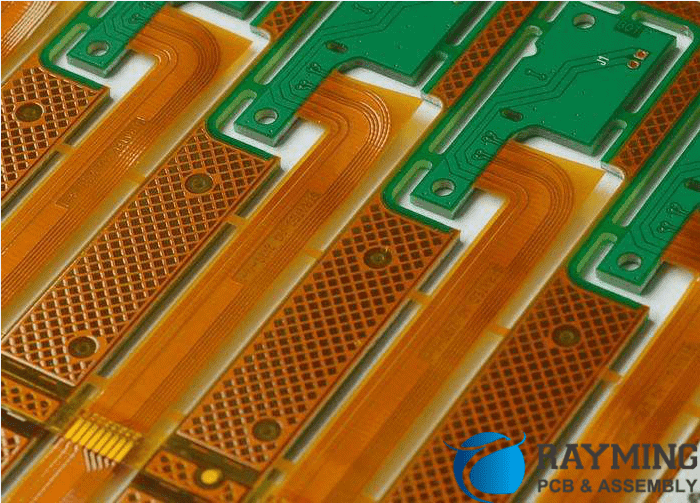 Read more: What is Mouse Bite in PCB?
Read more: What is Mouse Bite in PCB?Introduction In printed circuit board (PCB) design, you may come across an odd looking cutout pattern called a “mouse bite” along the edges of boards and panels. This is not a random design element but rather an important fabrication feature. Mouse bites help facilitate the depanelization process which separates individual […]
-
What are the Test Points of a PCB?
Posted by
–
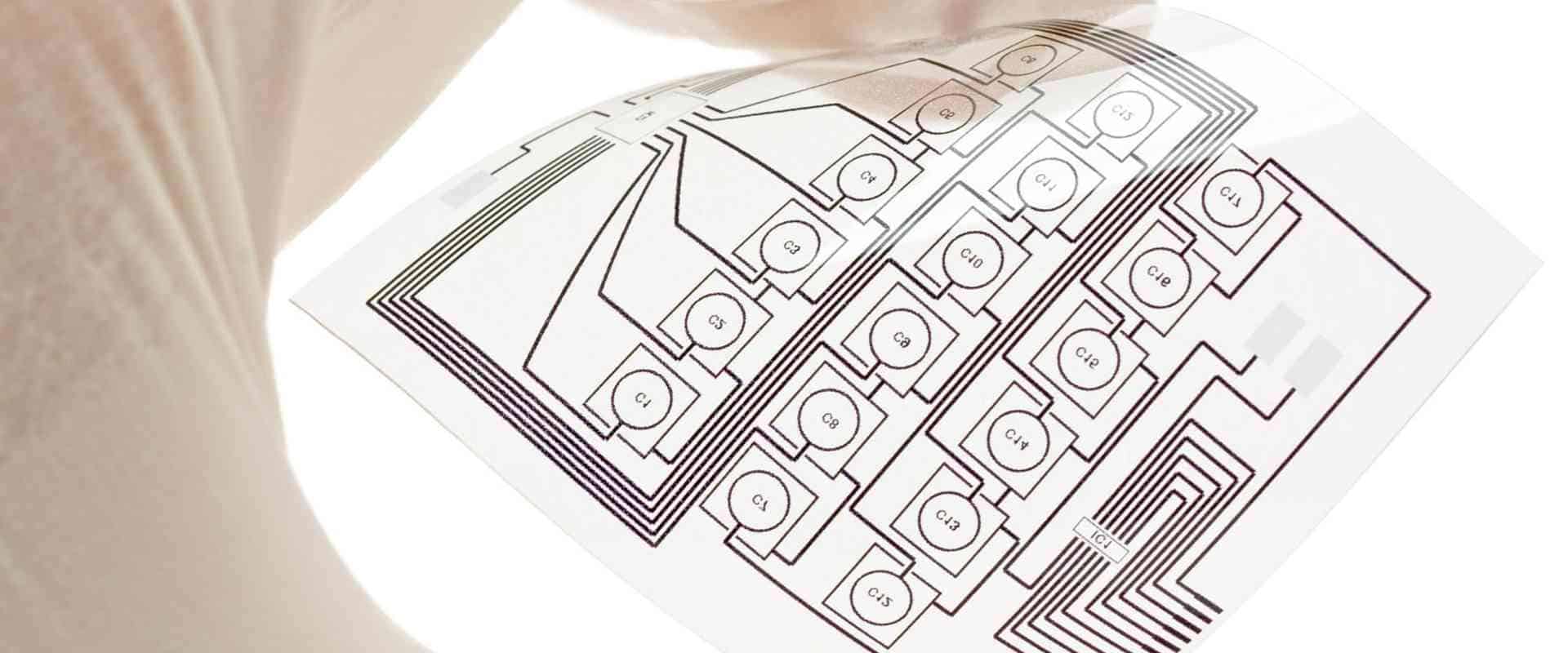 Read more: What are the Test Points of a PCB?
Read more: What are the Test Points of a PCB?Printed circuit boards (PCBs) are essential components in virtually all modern electronics. They provide the mechanical structure and electrical connections between components that enable electronic devices to function. An important aspect of PCB design and manufacturing is testing, both to ensure proper functioning during production and to diagnose issues during […]
-
What is a Rogers PCB?
Posted by
–
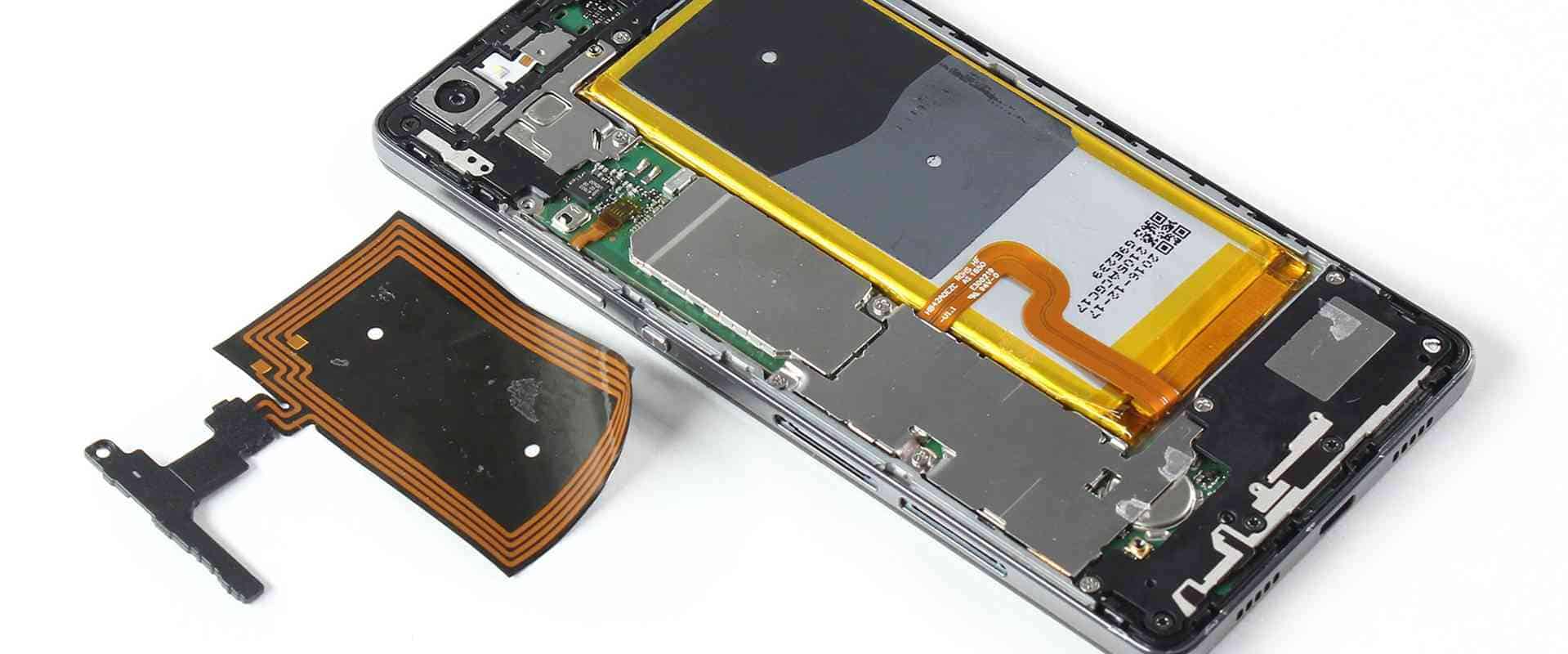 Read more: What is a Rogers PCB?
Read more: What is a Rogers PCB?A Rogers PCB is a printed circuit board made using high frequency, high performance laminate materials manufactured by Rogers Corporation. Rogers laminates are commonly used in radio frequency (RF), microwave and other specialized high speed or high frequency applications that require tightly controlled electrical properties. Some key aspects of Rogers […]
-
What is SMT in PCB Manufacturing?
Posted by
–
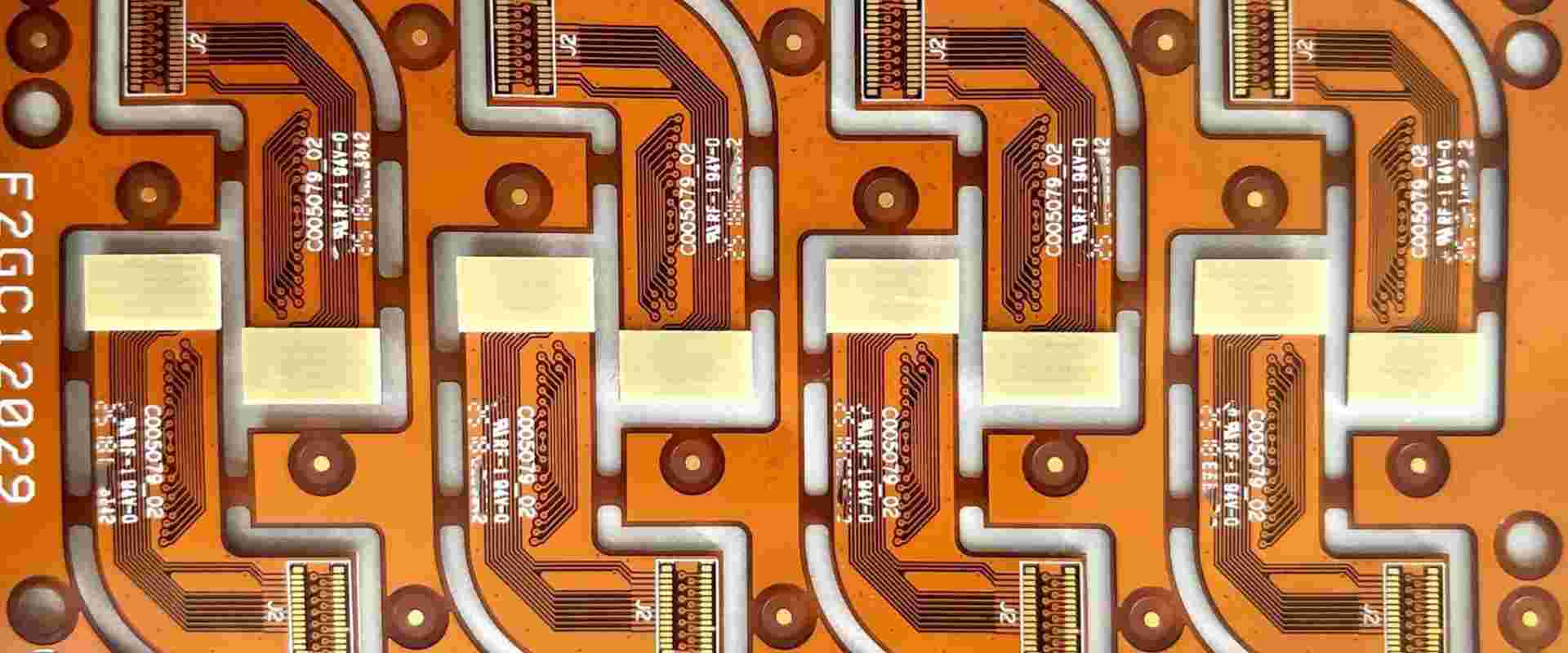 Read more: What is SMT in PCB Manufacturing?
Read more: What is SMT in PCB Manufacturing?Introduction Surface mount technology (SMT) has transformed how printed circuit boards (PCBs) are assembled and populated with components. First introduced in the 1960s, SMT gradually replaced the traditional through-hole technology (THT) approach and today accounts for over 90% of all PCB production. SMT utilizes smaller, streamlined surface mount components along […]
-
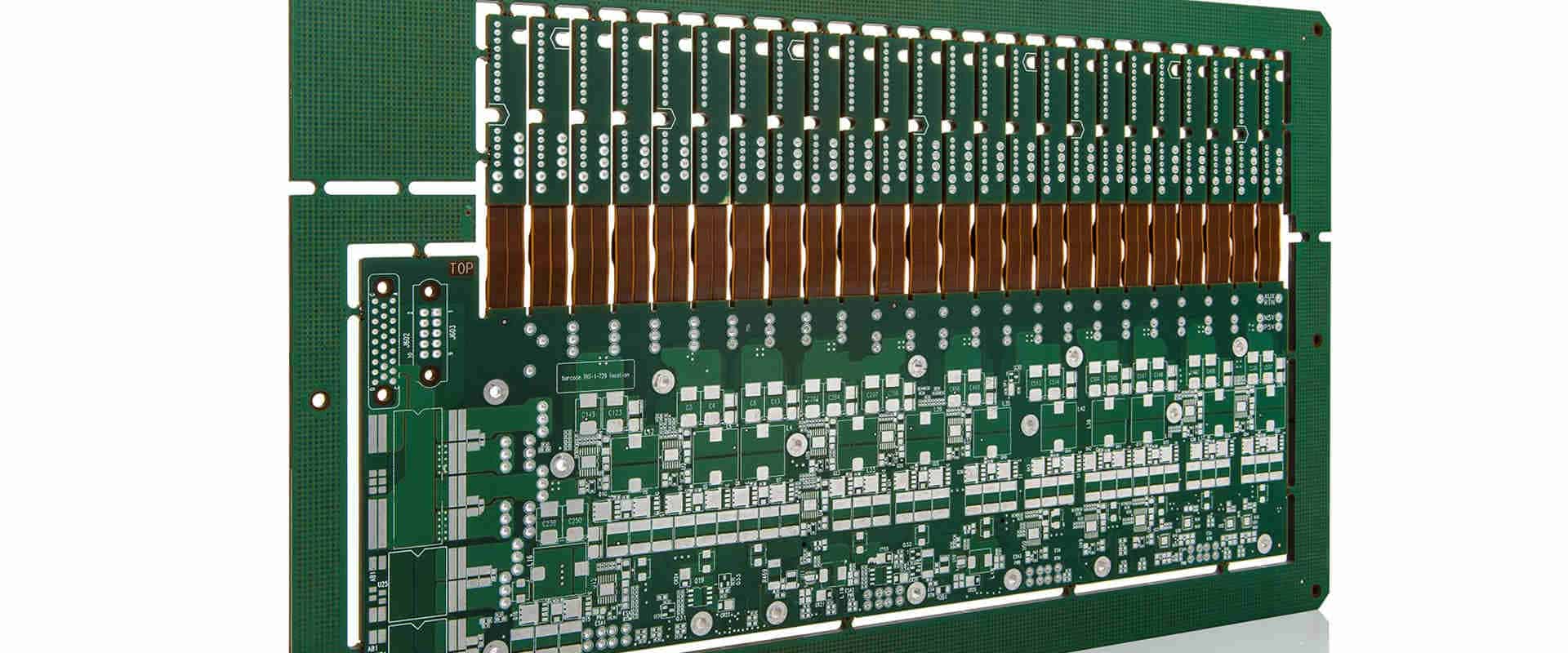 Read more: 15 Commonly Used Components on PCBs for Beginners
Read more: 15 Commonly Used Components on PCBs for BeginnersIntroduction Printed circuit boards (PCBs) are essential components in most modern electronic devices. They provide the physical platform to mount and connect electronic components using conductive copper traces etched onto a non-conductive substrate. PCBs can seem intimidating at first glance with dozens of tiny components soldered on. However, once you […]
-
What is a Contract Electronics Manufacturer?
Posted by
–
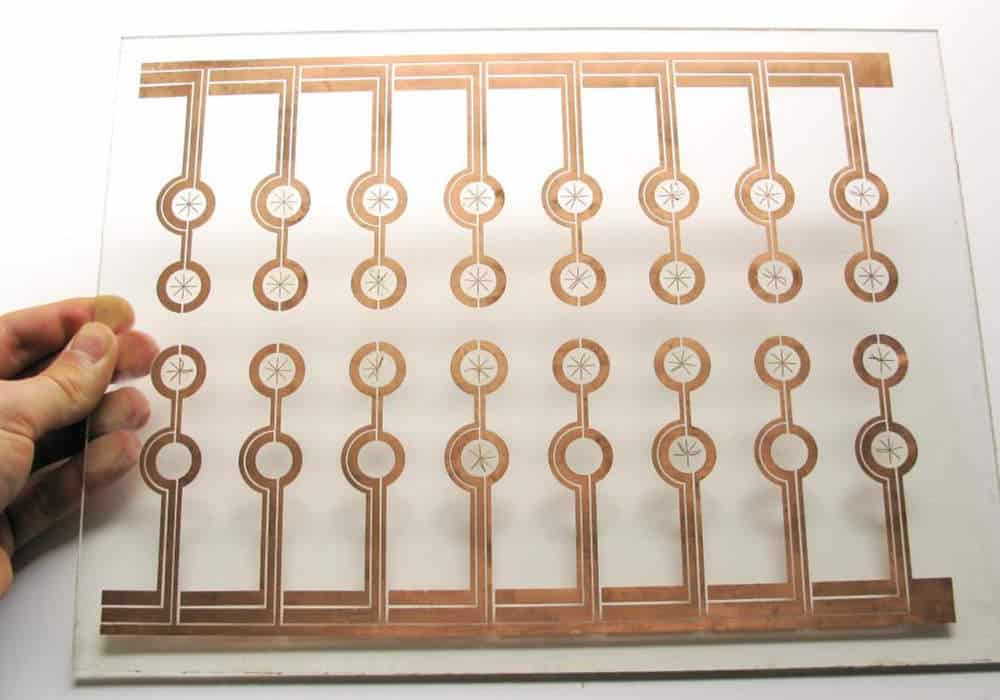 Read more: What is a Contract Electronics Manufacturer?
Read more: What is a Contract Electronics Manufacturer?Introduction to Contract Electronics Manufacturing A contract electronics manufacturer (CEM) is a company that manufactures electronic components, subassemblies, products, and systems for other companies based on their designs and specifications. CEMs are also sometimes referred to as electronic manufacturing services (EMS) providers. The CEM industry emerged in the 1970s as […]
-
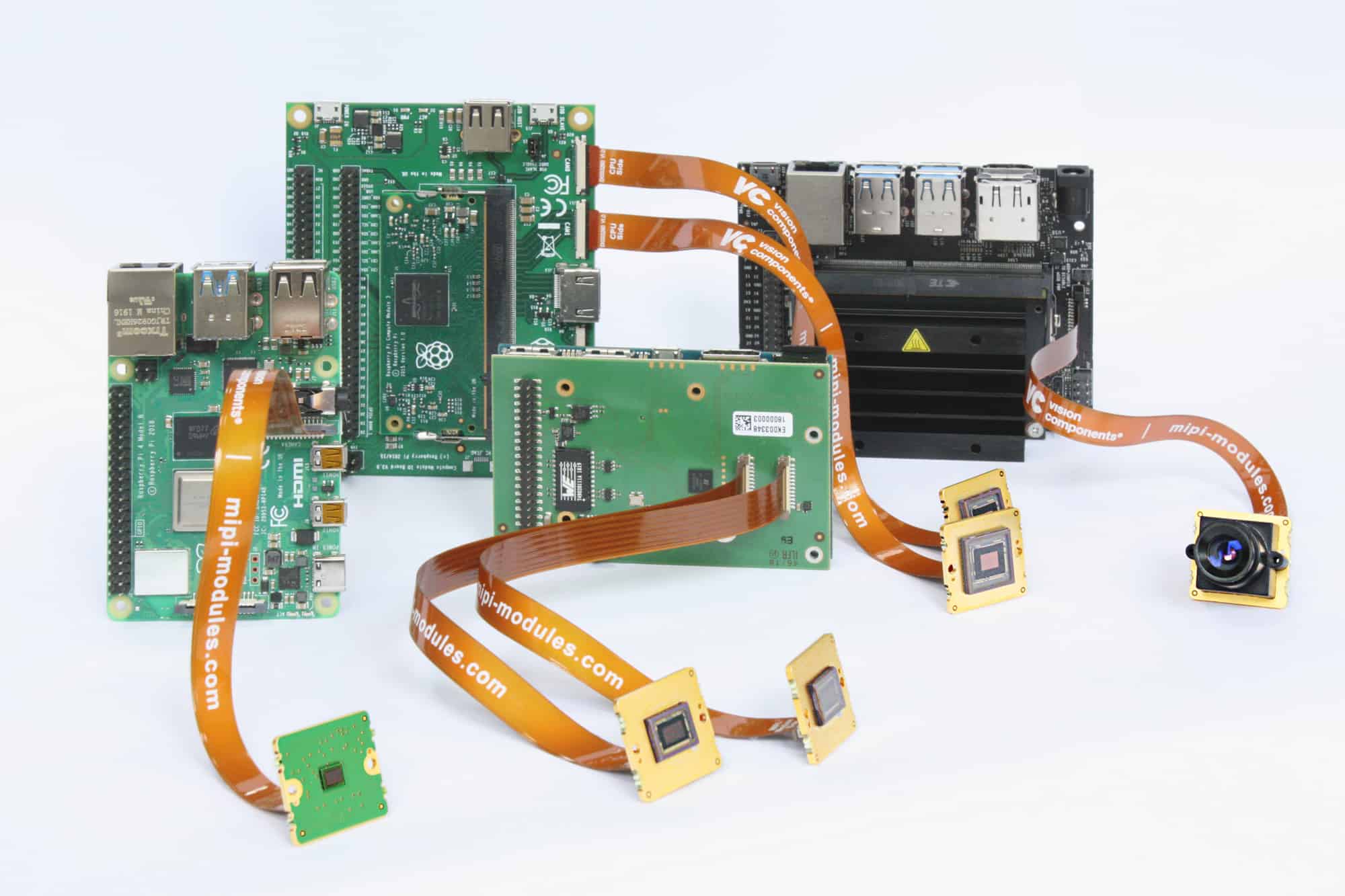 Read more: Top 10 Electronic Manufacturing Companies in the World
Read more: Top 10 Electronic Manufacturing Companies in the WorldThe electronics manufacturing industry plays a crucial role in producing the high-tech products and devices that we use every day. From smartphones and laptops to TVs, gaming consoles, and home appliances, these companies are responsible for making the innovative electronics products that improve and simplify our lives. The global electronics […]
-
What are the connectors in PCB?
Posted by
–
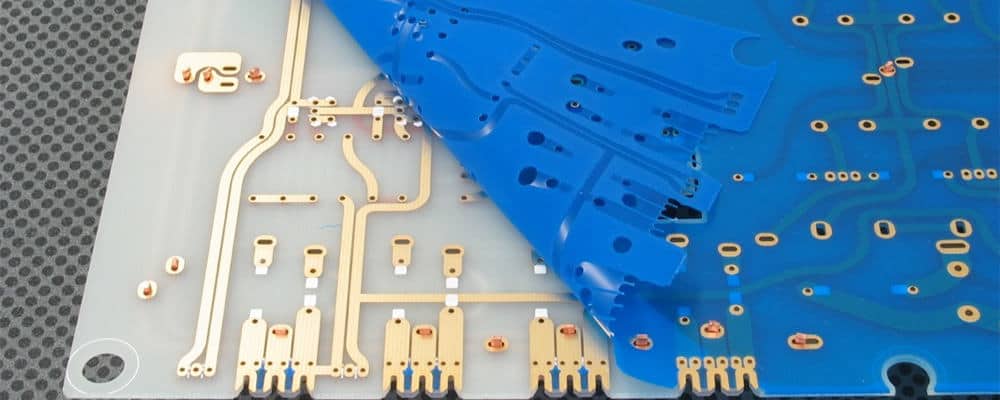 Read more: What are the connectors in PCB?
Read more: What are the connectors in PCB?Printed circuit boards (PCBs) are used to mechanically support and electrically connect electronic components using conductive pathways or traces etched from copper sheets laminated onto a non-conductive substrate. PCBs require various connectors to integrate with other electronic components and devices. Connectors serve as electromechanical interfaces that enable quick and removable […]




